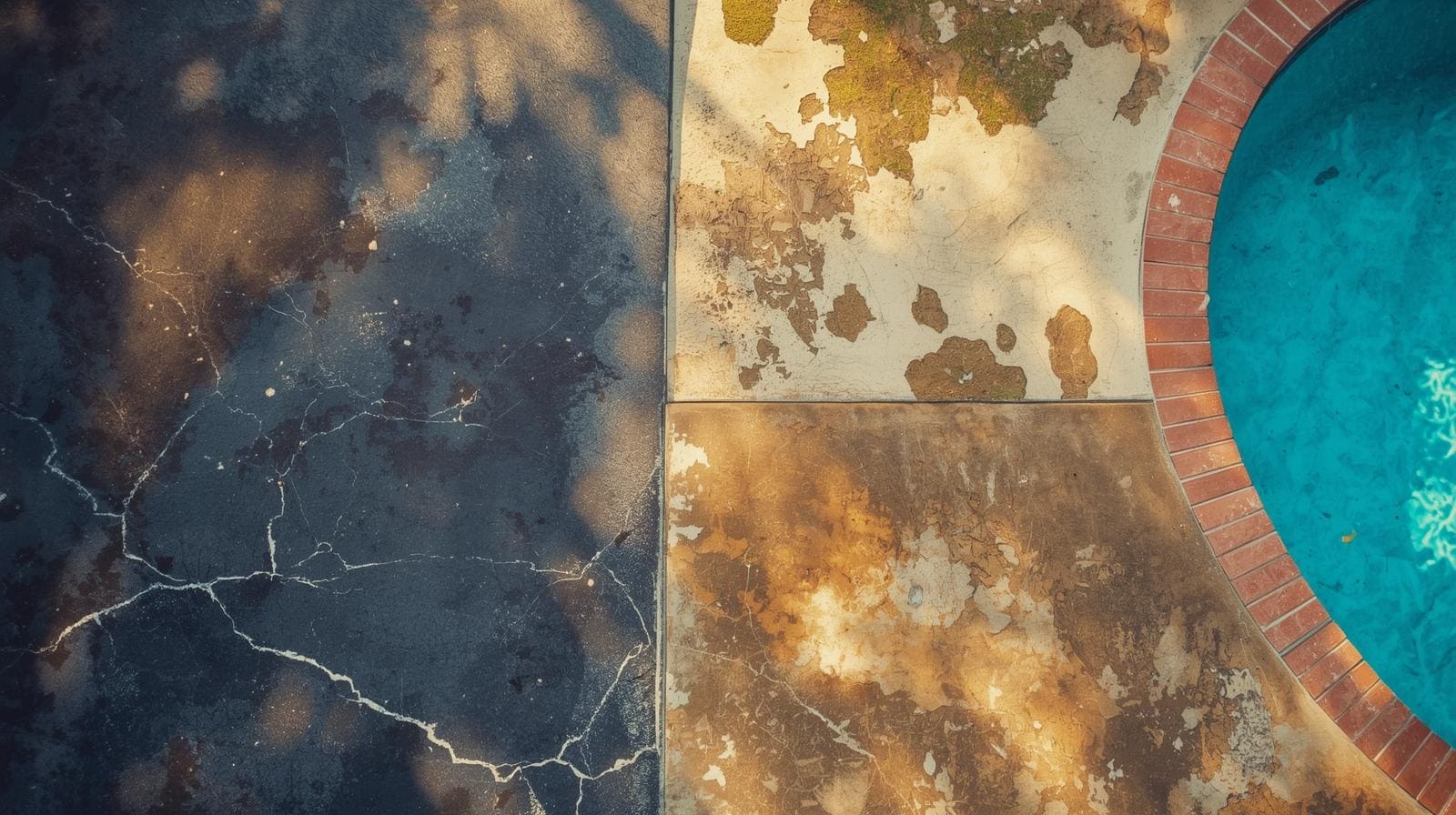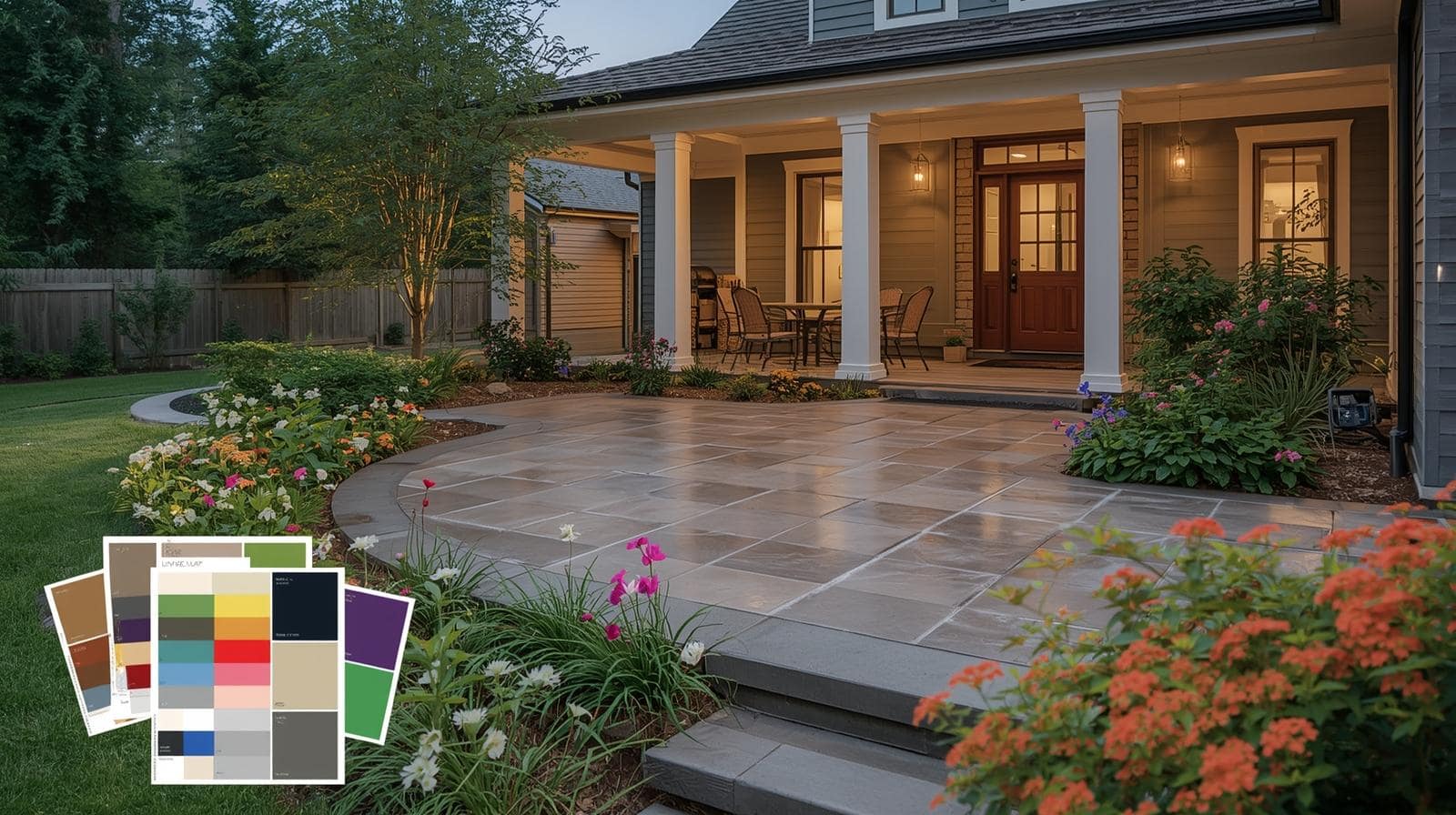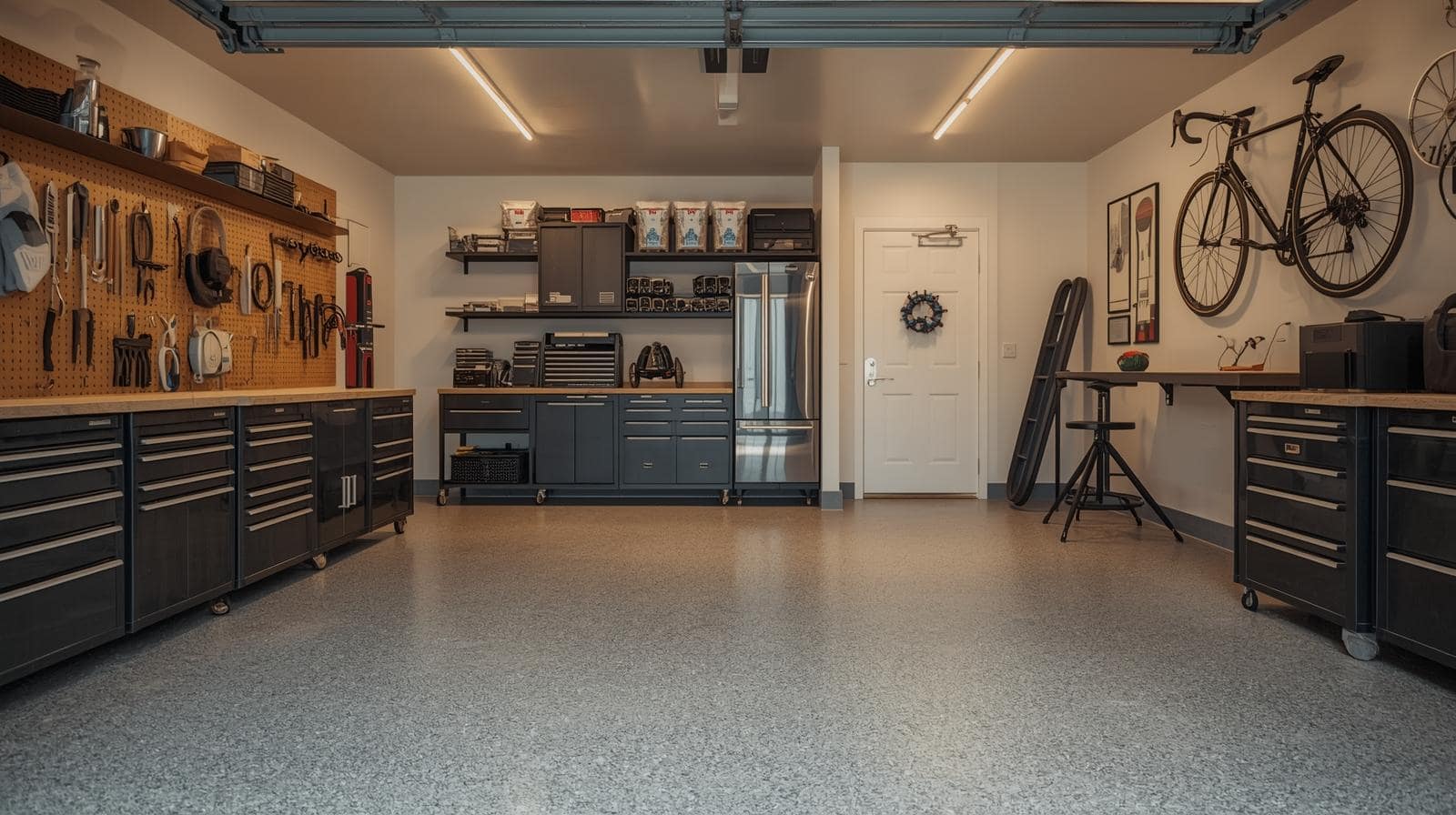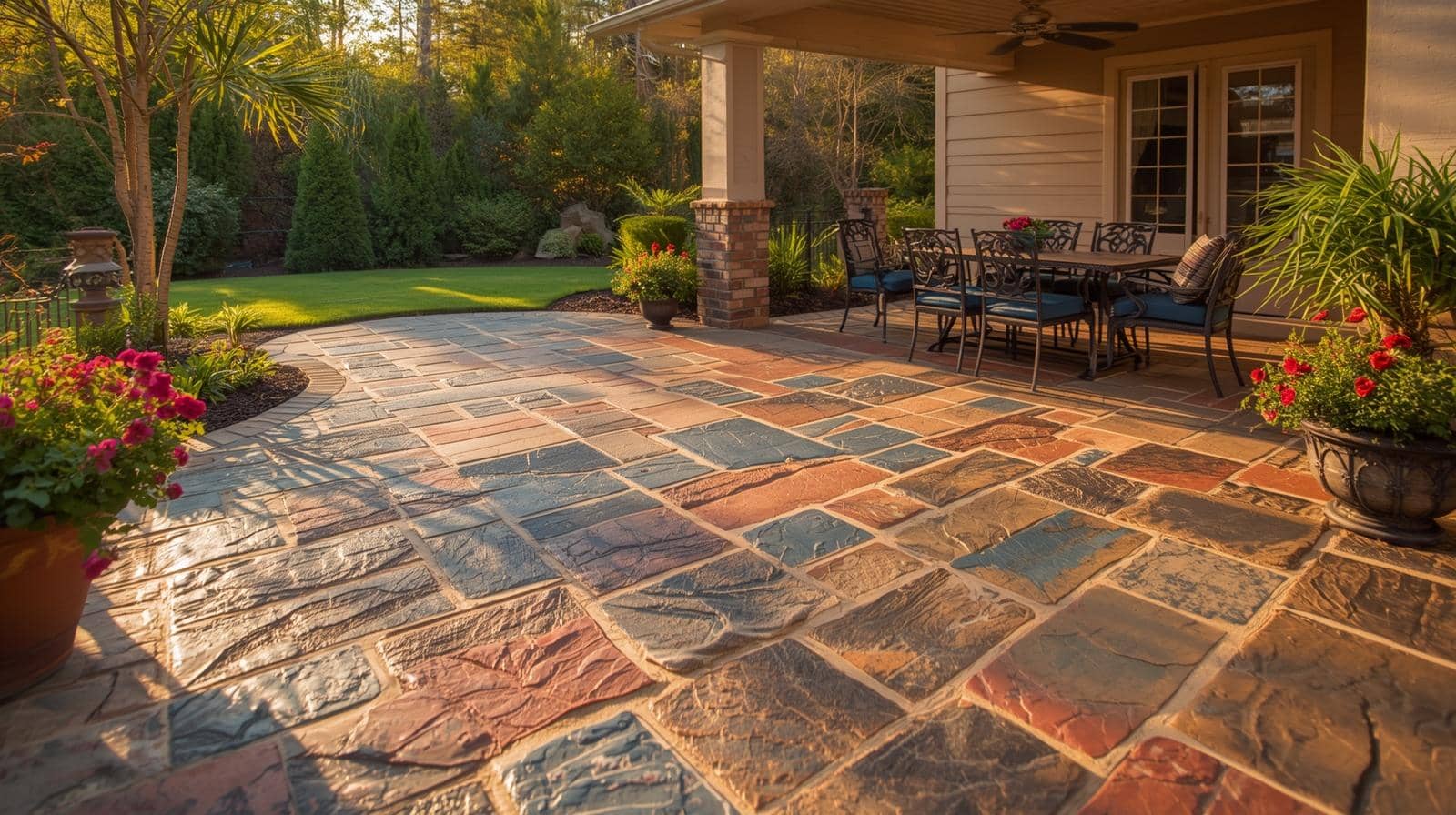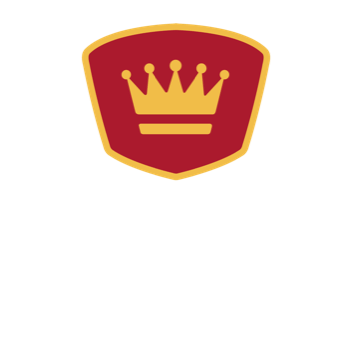Finishing your basement can significantly expand your living space and increase your home’s value. When choosing flooring, both basement coatings and tile are popular options, but they offer distinct advantages and disadvantages. At Garage Kings Delaware, we specialize in high-performance coatings and want to provide you with the information you need to make the best decision for your Delaware home. This guide will compare basement coatings and tile, focusing on their durability, moisture resistance, maintenance, and suitability for our region.
The Strength and Moisture Test: Basement Coatings vs. Tile in Delaware
Let’s dive into how these two flooring options hold up, especially considering the unique challenges of a basement environment:
- Coatings’ Resilience: Basement coatings, when professionally installed, create a seamless and incredibly durable surface. Think of it as a tough, protective shield for your basement floor. They’re resistant to cracks, chips, and stains, and can withstand heavy foot traffic, furniture movement, and even some water exposure from minor spills or leaks.
- Tile’s Vulnerability: Tile, while often seen as durable, has some weaknesses in a basement setting. It’s susceptible to cracking from impacts, like dropping heavy objects, or from the weight of furniture. But the real vulnerability lies in the grout lines.
- Delaware’s Humidity: Delaware’s humidity can be a real challenge for basements. Basement coatings are highly resistant to moisture. They form a barrier that prevents water vapor from penetrating the floor, which is crucial in preventing mold and mildew growth. Tile, even when the tile itself is sealed, can allow moisture to seep through the grout lines. This trapped moisture can lead to musty smells and, in severe cases, mold problems.
- Water Intrusion: Basements, by their very nature, are prone to some level of water intrusion, whether from leaks, minor flooding, or simply moisture seeping through the foundation. Coatings provide a waterproof barrier, protecting the subfloor from this moisture. If water gets under tile, it can damage the adhesive and lead to tile lifting or cracking.
- Cracking from Settling: Many homes, especially older ones in Delaware, experience some degree of settling. This settling can cause cracks in basement floors. Coatings have a bit of flexibility and can often bridge minor cracks, preventing them from becoming a major issue. Tile, being rigid, will crack along with the floor, requiring repairs.
Keeping It Clean: Basement Coatings vs. Tile Maintenance in Delaware
Here’s how these two flooring options compare when it comes to keeping them clean:
- Coatings’ Ease: Basement coatings are incredibly easy to clean. Their seamless surface means there are no cracks or crevices for dirt, dust, and spills to hide. A simple mop or wipe is usually all it takes to keep them looking pristine. They’re also resistant to stains, so you don’t have to worry about spills leaving permanent marks.
- Tile’s Maintenance Challenges: Tile requires regular grout cleaning, which can be a time-consuming and often unpleasant task. Grout lines are porous, meaning they can trap dirt, bacteria, and stains. Even with regular sealing, grout can discolor and deteriorate over time, requiring periodic maintenance or even replacement.
- Allergen Reduction: Coatings’ seamlessness also offers an advantage in reducing allergens. There are no cracks or crevices to trap dust, pollen, and pet dander, making the basement environment healthier, especially for allergy sufferers. Tile, with its grout lines, can accumulate allergens, making thorough cleaning more important.
Style and Versatility: Where Basement Coatings and Tile Shine in Delaware
Both options offer different aesthetic possibilities for your basement:
- Coatings’ Modern Appeal: Coatings provide a sleek, modern aesthetic with a wide range of colors, patterns, and finishes. You can choose from solid colors, metallic effects, decorative flake systems, and even create custom designs. This versatility allows you to create a basement that matches your personal style, whether it’s a contemporary entertainment room or a functional workshop.
- Tile’s Traditional Look: Tile offers a more traditional look and is commonly used in bathrooms and kitchens. It comes in various sizes, shapes, and materials, providing a classic and elegant feel. However, the grid-like pattern created by the grout lines can sometimes feel less modern.
- Design Versatility: Coatings are incredibly versatile and can be used in various basement settings, from fully finished living spaces to functional areas like workshops or home gyms. Tile is often preferred for more formal living areas, but may not be as practical in high-traffic or utility-focused spaces.
- Resale Value: Both flooring options can enhance your home’s resale value. The choice often depends on the overall style of your home and the preferences of potential buyers in your specific area of Delaware.
The Bottom Line: Cost and Installation Comparison for Delaware Basements
Let’s break down the cost and installation factors:
- Material Costs: The cost of materials varies significantly for both options. Tile can range from affordable ceramic tile to very expensive natural stone or porcelain tile. Coatings’ material cost depends on the type of coating (epoxy, polyurethane, polyaspartic), the complexity of the design, and any additives used.
- Installation Costs: Tile installation can be labor-intensive, especially for intricate patterns or large-format tiles. It also requires careful subfloor preparation. Coatings require professional installation with proper surface preparation, which can also be a significant cost.
- Long-Term Costs: Consider the long-term costs beyond the initial investment. Tile may require ongoing grout cleaning, sealing, and occasional repairs. Coatings, with their durability and low maintenance, may have lower long-term maintenance costs but could require professional re-application after many years.
- Installation Time: Epoxy installation can sometimes be quicker than a complex tile installation, especially for large, open areas. However, the cure time for the coating needs to be factored in. Tile installation time varies depending on the size of the project and the complexity of the pattern.
Choosing the Right Flooring for Delaware Basements
Here are some factors to consider specifically for Delaware properties:
- Humidity: Delaware’s humidity, especially during the summer months, can affect flooring choices. Epoxy’s moisture resistance is a significant advantage in preventing mold and mildew growth in basements, which can be a common concern.
- Coastal Homes: For homes near the Delaware coast, consider epoxy’s resistance to moisture and potential flooding. While tile can be water-resistant, it’s crucial to ensure proper sealing and installation to prevent water damage.
- Radon Mitigation: In some areas, radon infiltration can be a concern in basements. Epoxy’s seamless surface can help seal concrete floors and potentially reduce radon infiltration.
- Basement Usage: Consider the intended use of the basement. Epoxy is versatile and can be used in various basement settings, from playrooms and home gyms to workshops and finished living areas. Tile is often preferred for more formal living spaces or areas where a more traditional aesthetic is desired.
Conclusion
Both epoxy flooring and tile offer unique benefits for Delaware basements. The best choice depends on your specific needs, priorities, budget, and aesthetic preferences. If durability, moisture resistance, and low maintenance are your top priorities, epoxy flooring is a strong contender. If a classic, traditional look is desired and moisture is carefully managed, tile may be preferred. At Garage Kings Delaware, we can help you enhance your space with durable and beautiful flooring solutions. Contact us today for a free consultation and let us guide you to the perfect basement flooring choice!


